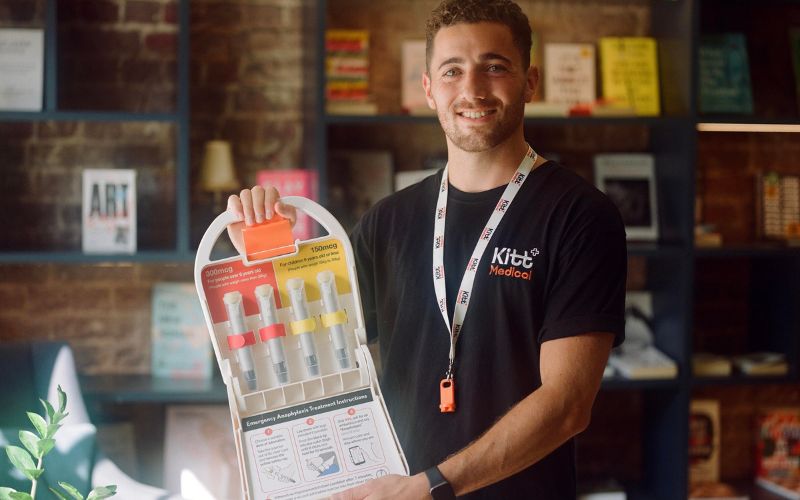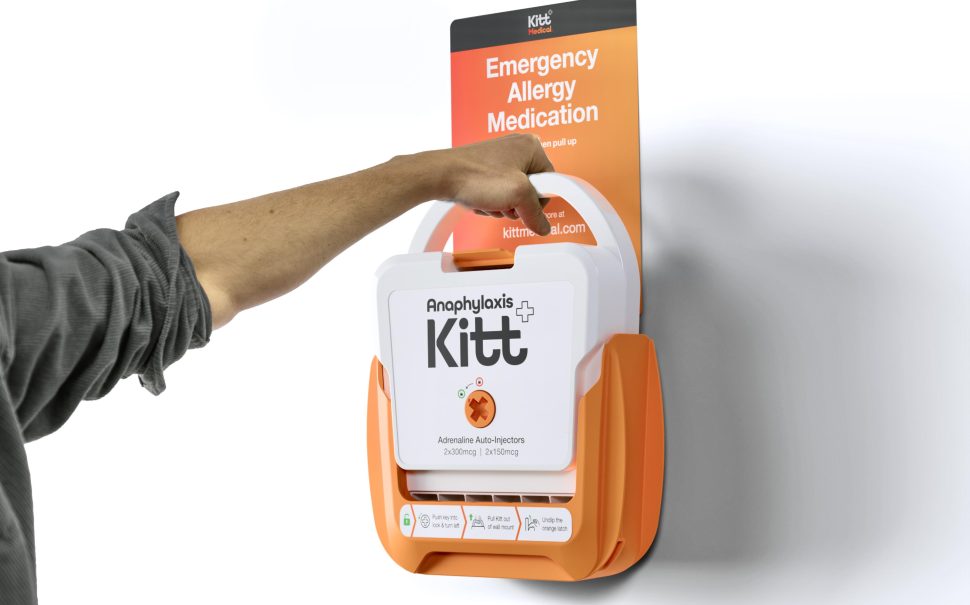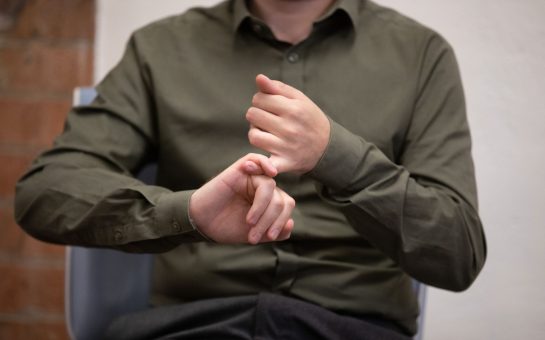Research has revealed only 50% of schools in England hold a spare Adrenaline Auto Injector (AAI) to treat pupils with allergies having an anaphylactic reaction.
Analysis of freedom of information requests submitted by The Benedict Blythe Foundation to schools in England showed that almost half have not taken advantage of legislation allowing schools to obtain spare AAI devices.
The 2017 change in law allowing schools to purchase spare AAIs came after the death of Karanbir Cheema, 13, who suffered a fatal allergic reaction to dairy at William Perkin School, Greenford and was treated with an AAI containing adrenaline that was a year out of date.
Helen Blythe of the Benedict Blythe Foundation said: “It’s a sad state of affairs.”
The Benedict Blythe Foundation was set up in memory of five-year-old Benedict Blythe who collapsed and later died after suffering an allergic reaction at school.
His mother, Helen, added: “The allergy community as a whole has been asking for some of these changes for a long time and each prevention of future death report from coroners has outlined most of the measures that we’re talking about.
“To prevent future death – that’s the whole point of this, but they’ve still not been acted on.
A total of 2,198 schools in England were contacted by The Benedict Blythe Foundation, representing nearly 10% of all schools in England.
Under the Human Medicines (Amendment) Regulations 2017, schools in the UK can purchase, without prescription, and hold spare AAIs for use in emergencies.
The Benedict Blythe Foundation estimates 1-2 children in every average-sized classroom will have a food allergy, and 18% of allergic reactions to food take place in school.
Jan Parnell, director of education at the Natasha Allergy Research Foundation said: “Every school should have two spare pens and every child should also have two in-date spare pens.
“It needs to be mandated by the Department of Education and other similar bodies so there is a standard practice.”
The Natasha Allergy Research Foundation was set up following the death of Natasha Ednan-Laperouse, 15, who died after suffering an allergic reaction to sesame in a Pret a Manger baguette.
The foundation is campaigning for the appointment of an Allergy Tsar, an independent policy advisor to the government who could act as a champion for people living with allergies.
Adrenaline auto-injectors in schools
Inspired by his own experiences of living with a severe nut allergy, Zak Marks co-founded Kitt Medical in 2020 with the aim of ensuring AAIs are always readily available during emergency situations.
Kitt Medical’s Anaphylaxis Kitt service, which launched in early 2023, provides schools with a consistent supply of AAIs stored in a secure wall-mounted kit which includes instructions on how to administer the medicine.

In the year since launching, the Anaphylaxis Kitt service has been adopted by over 300 schools across the UK, providing more than 150,000 students with access to emergency adrenaline.
The Anaphylaxis Kitt has already been used to treat two people, a girl, 14, in Essex and a mathematics teacher in West Sussex, who suffered severe allergic reactions on school premises.
The service also includes access to a CPD-accredited training course, which more than 4,000 school staff members have now completed.
Zak said: “The dream is still to be every defibrillator’s next door neighbour.”
In July 2022, the government committed to providing all state-funded schools in England with defibrillators.
Natalie Denchfield, headteacher of Wanstead Church School, Greenford, said: “The government did a great job saying that all schools should have a defibrillator.
“How amazing would it be at some point that all schools should have to have an Anaphylaxis Kitt.”
Wanstead Church School, which has just over 200 pupils aged between 3 and 11, has an Anaphylaxis Kitt installed in the school office.
The headteacher, inspired by her young nephews who have previously suffered anaphylactic reactions, partnered with Kitt Medical to protect the pupils with allergies at her school.
Denchfield said: “Children are coming through our schools with allergies and they’re becoming more complex allergies.
“I feel like it’s something that isn’t getting better, it’s something that we actually need to be more vigilant about.”
She added: “Our parents are grateful that we have that level of awareness.”
“Nothing’s ever perfect, things happen, but it’s that level of awareness and it’s about being proactive and having the Anaphylaxis Kitt available, it’s next to our defibrillator.”
The rollout of defibrillators to schools in England was a government-funded scheme, however schools remain responsible for the cost of purchasing spare AAIs and, under the current government, there is no plan to require schools to maintain a compulsory stock of spare AAIs.
Featured image credit: Kitt Medical





